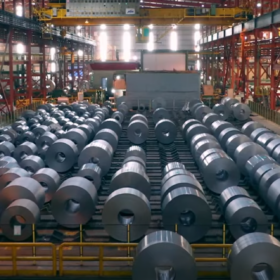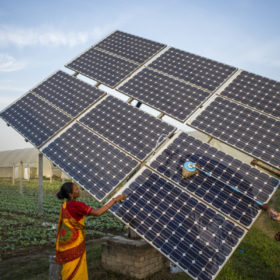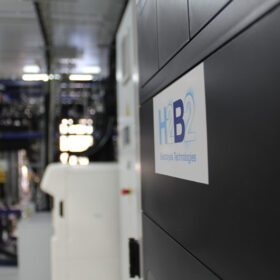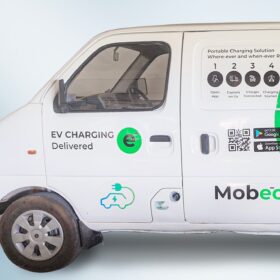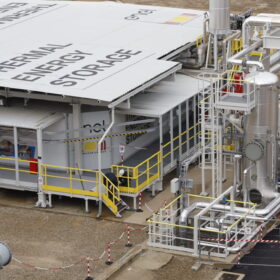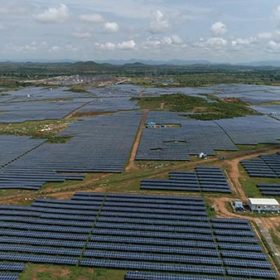Servotech launches new unit for key EV charger components and lithium batteries
Servotech Power Systems has launched Techbec Green Energy to produce EV charger components and lithium-ion batteries. The new unit will have a 40,000 sq.ft. manufacturing facility in Haryana.
India’s installed solar power capacity surpasses 70 GW
The nation installed a cumulative solar power capacity of 70.10 GW as of June 30, 2023. Rajasthan, Gujarat, and Karnataka together account for more than 50% of the overall PV installations.
JSW Steel to use green hydrogen for steelmaking at Vijayanagar plant
JSW Energy will set up a 3,800 tonnes per annum (tpa) green hydrogen plant for supply to JSW Steel. Green hydrogen production at the plant will be powered by 25 MW of renewable energy.
PM KUSUM scheme hits 2.45 lakh solar pumps milestone
As on June 30, 2023, around 2.45 lakh agriculture pumps have been installed or solarized under PM KUSUM (Pradhan Mantri Kisan Urja Suraksha evam Utthaan Mahabhiyan) Scheme.
GreenH building 1 GW electrolyzer fab in India
The company’s manufacturing plant in Haryana will produce proton exchange membrane (PEM) electrolyzers based on the technology from its Spanish parent firm H2B2 Electrolysis. The plant will start production by October.
Mobec launches portable EV charging network
The Noida-based startup has rolled out the franchise network to provide mobile EV charging as a service. It targets 100 franchise partners by the end of 2023.
ReNew, Gentari collaborate for 5 GW renewables capacity in India
ReNew and Gentari will form a 50:50 joint venture to develop renewable assets including solar, wind, and energy storage.
Israel’s Brenmiller signs MoU with Waaree Energies to deploy thermal energy storage projects in India
Brenmiller and Waaree will jointly explore, develop, and deploy solar-powered thermal energy storage projects in India.
Hero Future Energies signs $756 million MoUs with REC, PFC
Power Finance Corp. (PFC) and Rural Electrification Corp. (REC) will extend INR 3,100 crore (($378 million) each to support Hero Future Energies’ upcoming renewable energy projects.
NTPC launches 1.5 GW solar tender
NTPC has invited global bids to develop 1.5 GW of solar power projects anywhere in India. Bidding closes on August 29.



